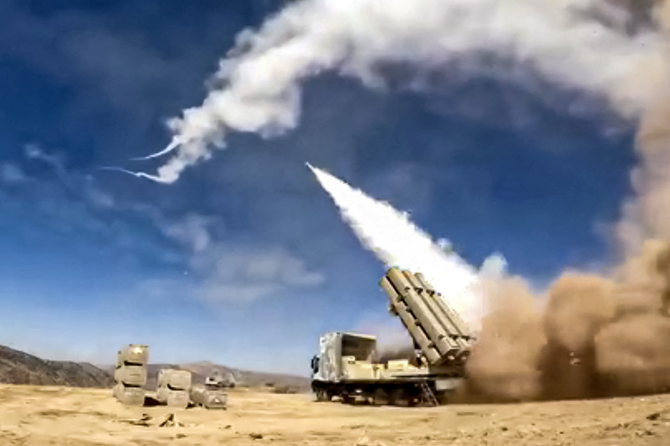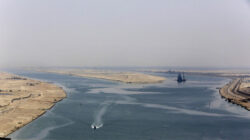JEDDAH: The UN nuclear watchdog expressed concern on Thursday after Iran claimed to have created a hypersonic “super missile” capable of bypassing any country’s defense systems.
“All of these announcements raise awareness, raise concerns, and raise public awareness about Iran’s nuclear program,” said Rafael Grossi, director-general of the International Atomic Energy Agency.
Hypersonic missiles can deliver nuclear weapons in the same way that ordinary ballistic missiles can, but they can travel at more than five times the speed of sound and are extremely agile, making them impossible to track and fight against.
Hypersonic missiles, as opposed to ballistic missiles, fly on a low trajectory in the atmosphere and can reach targets faster.
Iran’s latest hypersonic missile “was built to counter air defense shields,” claimed Gen. Amirali Hajizadeh, commander of the Islamic Revolutionary Guard Corps’ aerospace unit, on Thursday. “It will be able to breach all anti-missile defense systems.” According to Hajizadeh, it would take decades to construct a system capable of intercepting it.
Many weapons analysts agree with the general’s view. Several countries have developed systems to protect against cruise and ballistic missiles, but tracking and destroying a hypersonic missile remains a challenge.
The claim by Iran that it has created such a missile begs the question of where Tehran received the technology. North Korea’s hypersonic missile test last year raised concerns about the race to obtain the technology, which is presently dominated by Russia, followed by China and the United States.
Iran and Russia have both been targeted by harsh international sanctions and have responded by increasing collaboration in crucial areas to help prop up their economies.
Iran’s hypersonic missile claim comes on the heels of a successful test flight of a rocket capable of launching satellites into orbit last week. The US has regularly expressed concern that such launches could improve Iran’s ballistic missile capacity, perhaps leading to the delivery of nuclear warheads. The US government placed sanctions on Iran’s missile-related programs in March.
Meanwhile, the UN nuclear watchdog said on Thursday that it has made “no progress” in talks with Tehran about undeclared uranium particles discovered at three research facilities. Iran has agreed to allow agency inspectors to visit this month in order to deliver answers.
“The agency has emphasized to Iran that it expects to begin obtaining technically credible explanations on these matters at this meeting, including access to locations and material, as well as the collecting of samples as needed,” the agency said in a report on Thursday.
Source: Arab News






